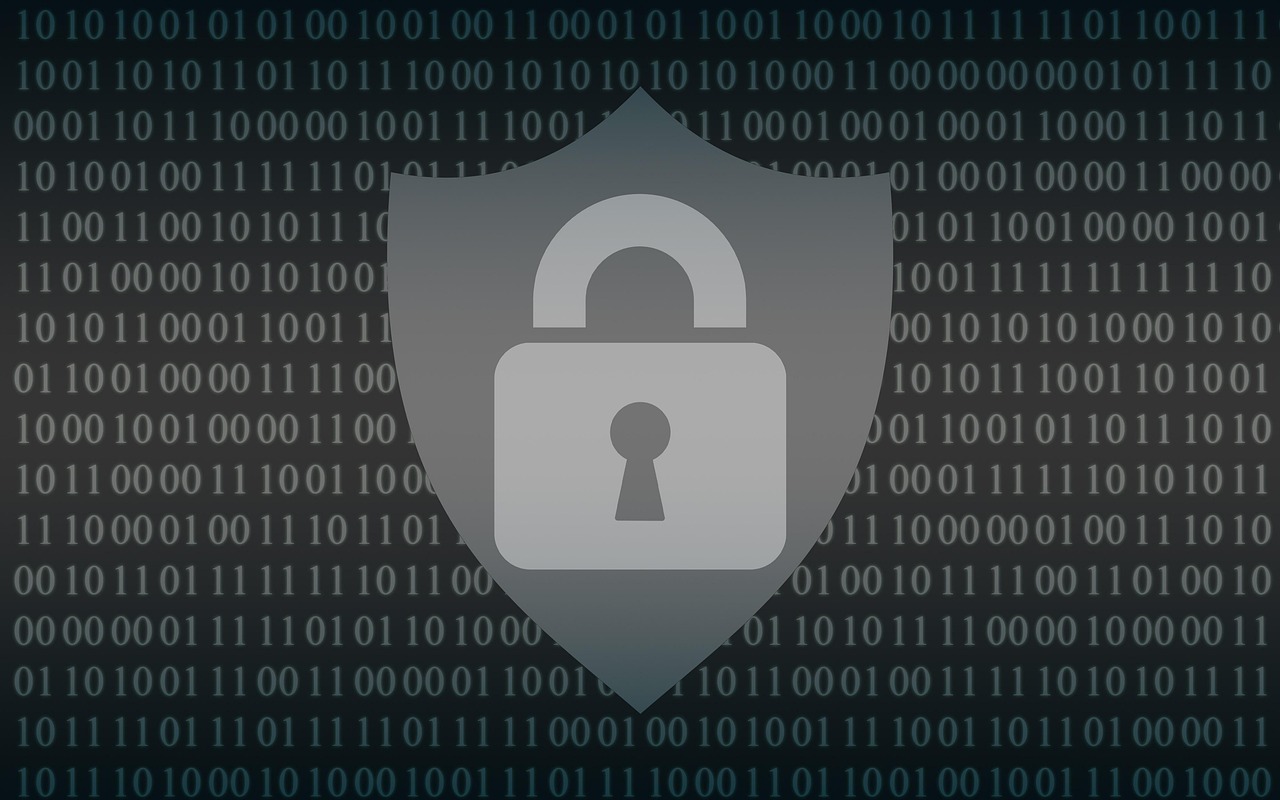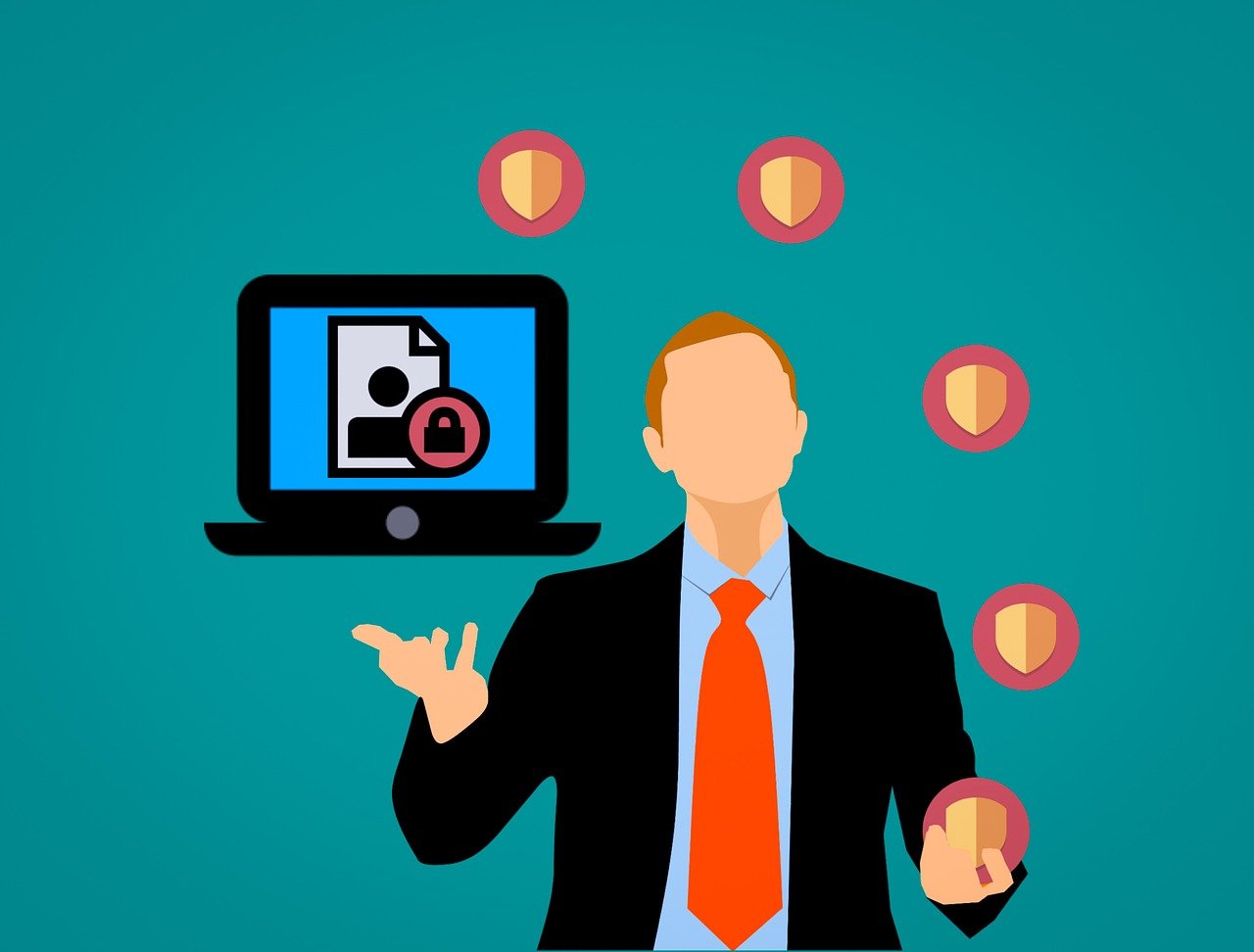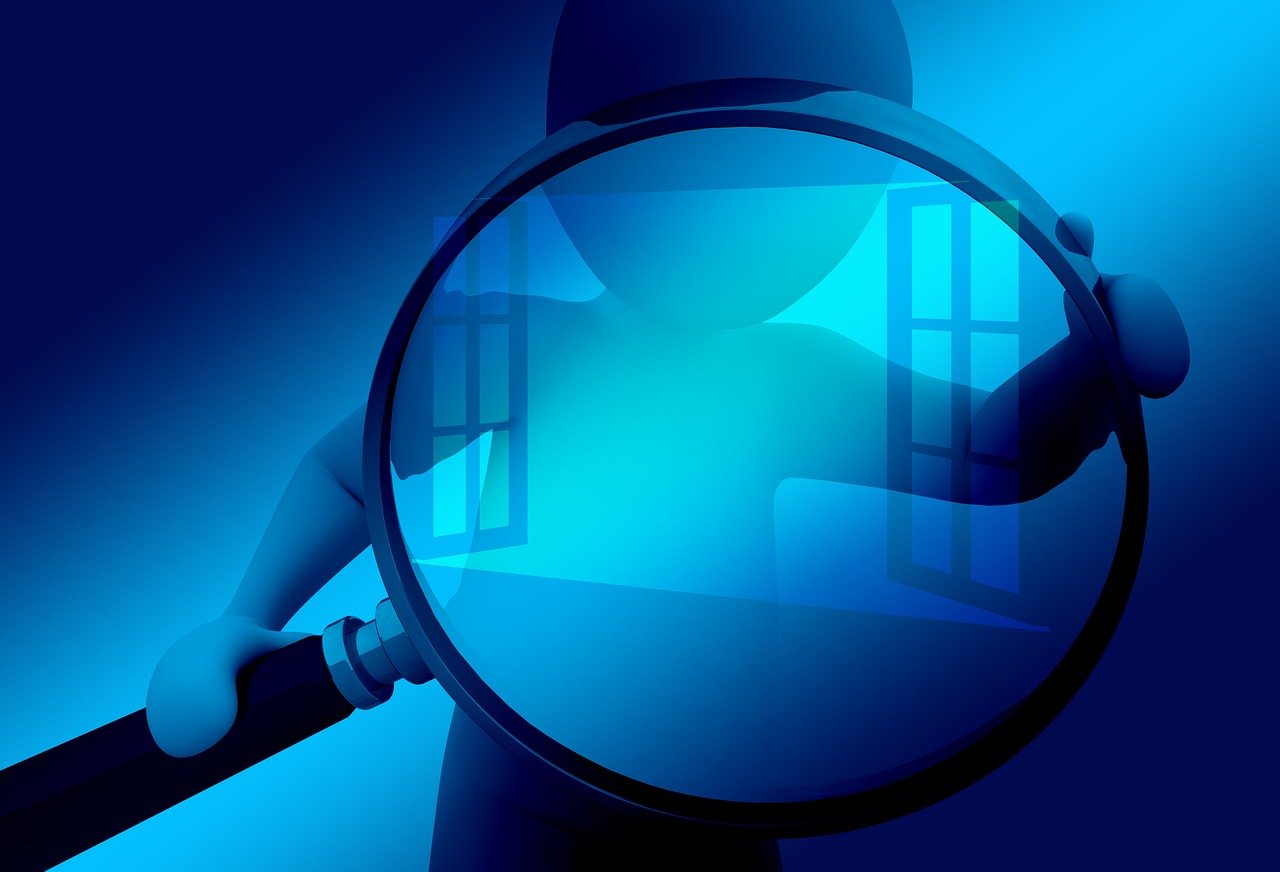In this post, I will outline the cybersecurity best practices for strata management companies.
Strata management companies are at the forefront of managing multi-unit residential properties, including condominiums, townhouses, and apartment complexes. They handle a vast amount of sensitive data, including residents’ personal information, financial records, and property documents. With this responsibility comes the critical need for robust cybersecurity practices to protect data, maintain trust, and comply with legal requirements.
The rise of remote work, cloud-based tools, and digital communication has amplified cybersecurity challenges. Data breaches, phishing attacks, and inadequate security policies can compromise sensitive information and expose strata management companies to legal and financial repercussions.
This article examines best practices for enhancing cybersecurity in strata management and highlights practical tools and strategies for maintaining security.
Table of Contents
Understanding the Cybersecurity Risks in Strata Management
Before implementing cybersecurity measures, it’s essential to understand the specific risks faced by strata management companies:
- Phishing and Social Engineering Attacks: Employees or board members may receive fraudulent emails that appear legitimate, prompting them to disclose login credentials or sensitive information.
- Unauthorized Access: Weak passwords or lack of multi-factor authentication can allow attackers to access critical financial, legal, and personal data.
- Data Loss: Accidental deletion, malware, or ransomware attacks can result in permanent loss of essential records.
- Third-Party Risks: Vendors or service providers may have access to sensitive systems, and a breach on their end can compromise your data.
By understanding these risks, strata management companies can tailor their cybersecurity strategy to address the most pressing vulnerabilities.
Implement Strong Access Controls
One of the most effective ways to secure sensitive information is to control who has access:
- Role-Based Access: Grant access based on roles, ensuring only authorized personnel can view or modify critical data.
- Multi-Factor Authentication (MFA): Implement MFA for all users accessing sensitive systems. This additional layer reduces the likelihood of unauthorized access, even if login credentials are compromised.
- Regular Account Audits: Periodically review user accounts to ensure that former employees or contractors no longer have access.
Access controls not only protect sensitive data but also help comply with legal requirements for data protection.
Secure Communication Channels
Strata management companies maintain regular communication with residents, board members, and service providers. Securing these communication channels is vital:
- Encrypted Emails: Utilize encrypted email services to share sensitive financial documents or personal information.
- Secure Messaging Apps: For day-to-day communications, adopt platforms with end-to-end encryption to prevent unauthorized access.
- Secure Video Platforms: When hosting board meetings, virtual inspections, or training sessions, it’s essential to use platforms that offer secure hosting and robust privacy controls. For example, platforms like Spotlightr allow companies to securely share videos internally without risk of leaks, tracking access and usage to maintain accountability.
By adopting secure communication tools, strata managers can maintain privacy while improving collaboration and transparency.
Protect Financial and Legal Data
Strata management involves handling a range of financial transactions, including collecting fees, managing budgets, and paying contractors. Additionally, legal documents like strata by-laws, meeting minutes, and contracts must be securely maintained. Best practices include:
- Data Encryption: Store all financial and legal data in encrypted formats, both at rest and in transit.
- Secure Cloud Storage: Utilize reputable cloud storage providers that employ robust security protocols, maintain regular backups, and implement effective access controls.
- Regular Backups: Maintain frequent backups to protect against data loss due to malware, ransomware, or accidental deletion.
- Legal Compliance: Understand and comply with data privacy laws applicable to your region, such as GDPR, CCPA, or local strata regulations. Consulting legal experts can provide guidance on compliance requirements and help mitigate risks. For example, PBL Legal offers specialized guidance on strata law compliance, ensuring that management companies adhere to statutory obligations while protecting sensitive data.
By safeguarding financial and legal records, strata management companies protect themselves, residents, and stakeholders from potential breaches and legal consequences.
Employee Training and Awareness
Employees are often the first line of defense against cyber threats. Proper training can dramatically reduce the risk of breaches:
- Regular Training Sessions: Conduct ongoing cybersecurity training to educate staff on phishing, password hygiene, and safe internet practices.
- Simulated Phishing Tests: Periodically simulate phishing attacks to assess staff readiness and reinforce learning.
- Clear Security Policies: Develop clear policies regarding data handling, device usage, and reporting suspicious activity.
An informed workforce is crucial for maintaining a secure digital environment in strata management companies.
Device and Network Security
With the proliferation of mobile devices and remote work, ensuring that all devices accessing strata systems are secure is essential:
- Endpoint Protection: Install antivirus and anti-malware software on all devices.
- Firewalls and VPNs: Protect network traffic with firewalls and encourage the use of VPNs for remote access.
- Device Encryption: Encrypt laptops, tablets, and smartphones that contain sensitive information.
- Regular Updates: Keep all software, applications, and devices updated to patch known vulnerabilities.
These measures protect strata management systems from both internal and external threats.
Incident Response and Recovery Planning
No cybersecurity plan is complete without an incident response strategy:
- Documented Response Plan: Create a plan detailing steps to take in the event of a data breach or cyberattack.
- Assign Roles: Define responsibilities for IT staff, management, and communications during an incident.
- Regular Drills: Conduct simulated breach scenarios to ensure the team can respond quickly and effectively.
- Recovery Procedures: Implement data recovery procedures to minimize downtime and data loss.
A well-prepared incident response plan can significantly reduce the impact of cybersecurity events on a strata management company’s operations and reputation.
Vendor and Third-Party Security
Strata management companies often rely on third-party vendors for services such as software, maintenance, and accounting. Ensuring these vendors follow strong security protocols is critical:
- Vendor Risk Assessments: Evaluate the security measures of any third-party providers before engaging with them.
- Contracts and SLAs: Include security requirements and breach notification procedures in vendor agreements.
- Access Limitations: Restrict vendor access to only the systems and data required for their services.
Maintaining a high standard of third-party security protects your company from vulnerabilities introduced by external partners.
Regular Security Audits
Performing regular audits helps identify gaps in cybersecurity policies and practices:
- Internal Audits: Review all systems, policies, and employee adherence to security protocols.
- External Assessments: Hire third-party cybersecurity experts to evaluate the company’s defenses and suggest improvements.
- Compliance Checks: Ensure all systems comply with relevant data protection laws and industry standards.
Audits provide actionable insights and help maintain a proactive cybersecurity posture.
Emerging Technologies in Strata Management Cybersecurity
Advancements in technology are offering new solutions for strata management companies to improve security:
- AI and Machine Learning: Detect anomalies and potential threats in real-time.
- Secure Collaboration Tools: Platforms with role-based permissions and secure video hosting enhance communication while protecting sensitive information.
- Blockchain for Records: Immutable record-keeping can enhance the security of financial transactions and meeting minutes.
Leveraging these technologies not only strengthens cybersecurity but also enhances operational efficiency and trust among residents and stakeholders.
Conclusion
Strata management companies are responsible for safeguarding sensitive financial, legal, and personal data.
By implementing robust cybersecurity practices—including strong access controls, secure communication channels, employee training, device security, vendor management, and regular audits—these companies can protect themselves and the communities they serve.
INTERESTING POSTS
- Web Security Guide: Keeping Your Website Safe
- Protect and Play: The Importance of Online Casino Security for Player Trust
- How to Block Websites on Your School, Work, or Home Computer
- Third-Party Access: Where Friction Becomes Risk
- Securing Your Apple: The Best Protection Tools for Mac in 2025
- Why Is Cybersecurity In Financial Services Important?
About the Author:
Meet Angela Daniel, an esteemed cybersecurity expert and the Associate Editor at SecureBlitz. With a profound understanding of the digital security landscape, Angela is dedicated to sharing her wealth of knowledge with readers. Her insightful articles delve into the intricacies of cybersecurity, offering a beacon of understanding in the ever-evolving realm of online safety.
Angela's expertise is grounded in a passion for staying at the forefront of emerging threats and protective measures. Her commitment to empowering individuals and organizations with the tools and insights to safeguard their digital presence is unwavering.








